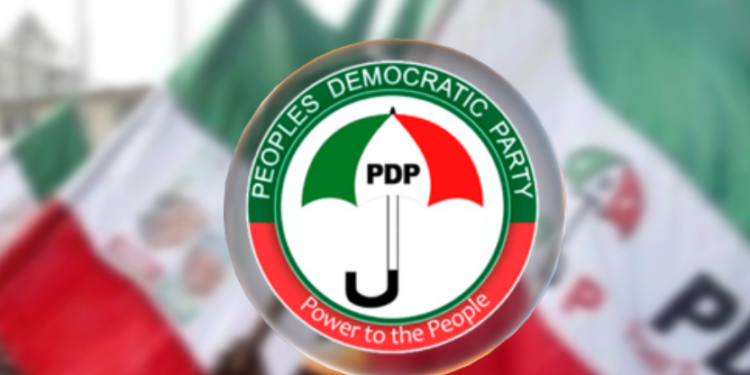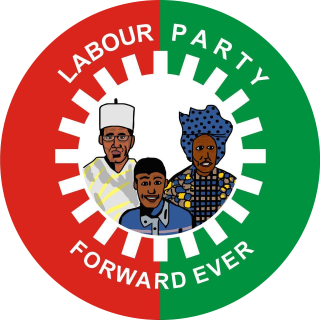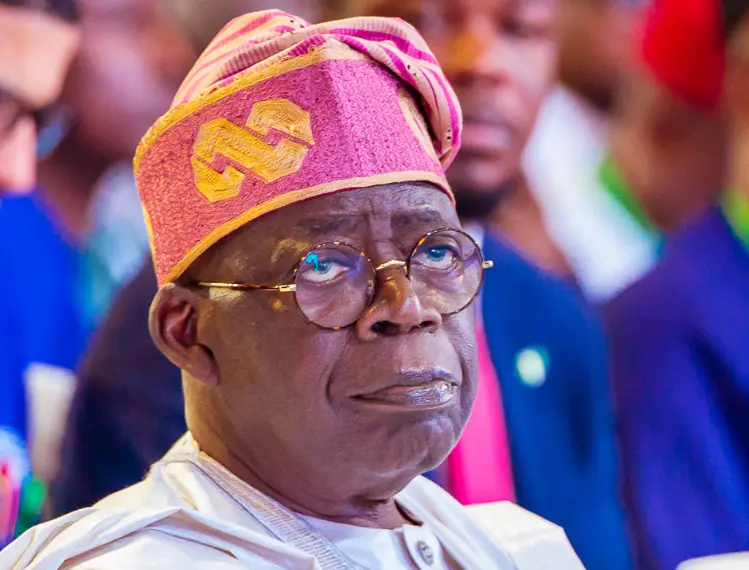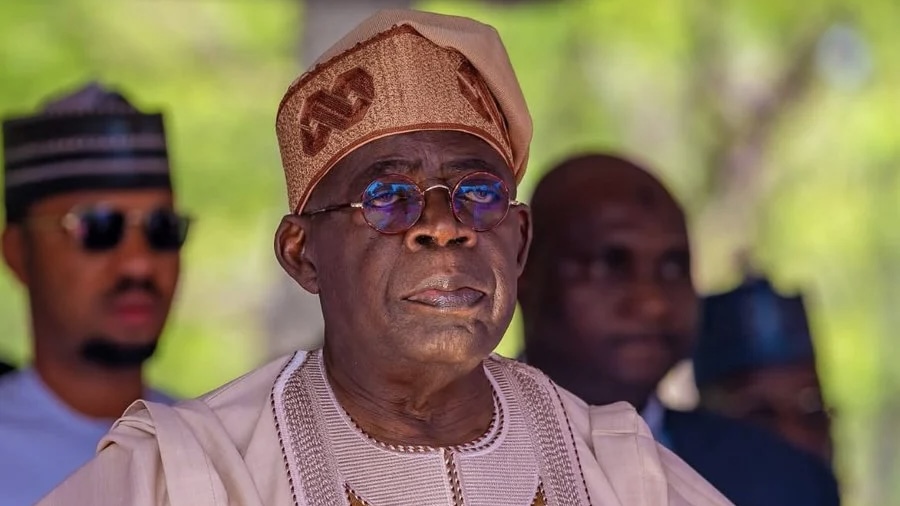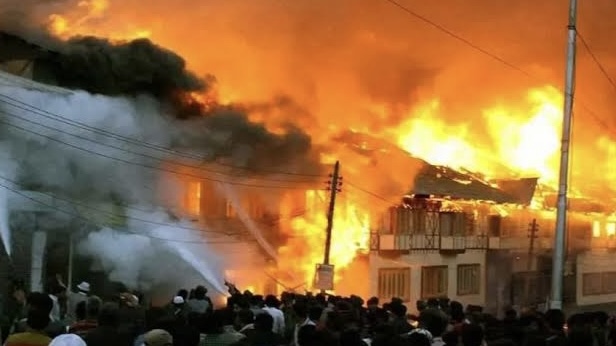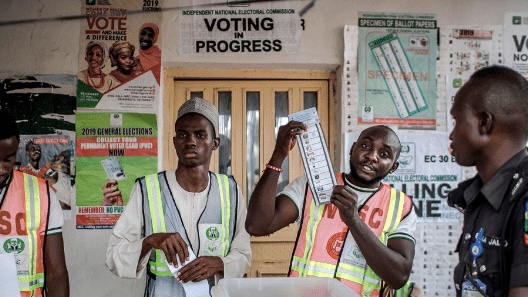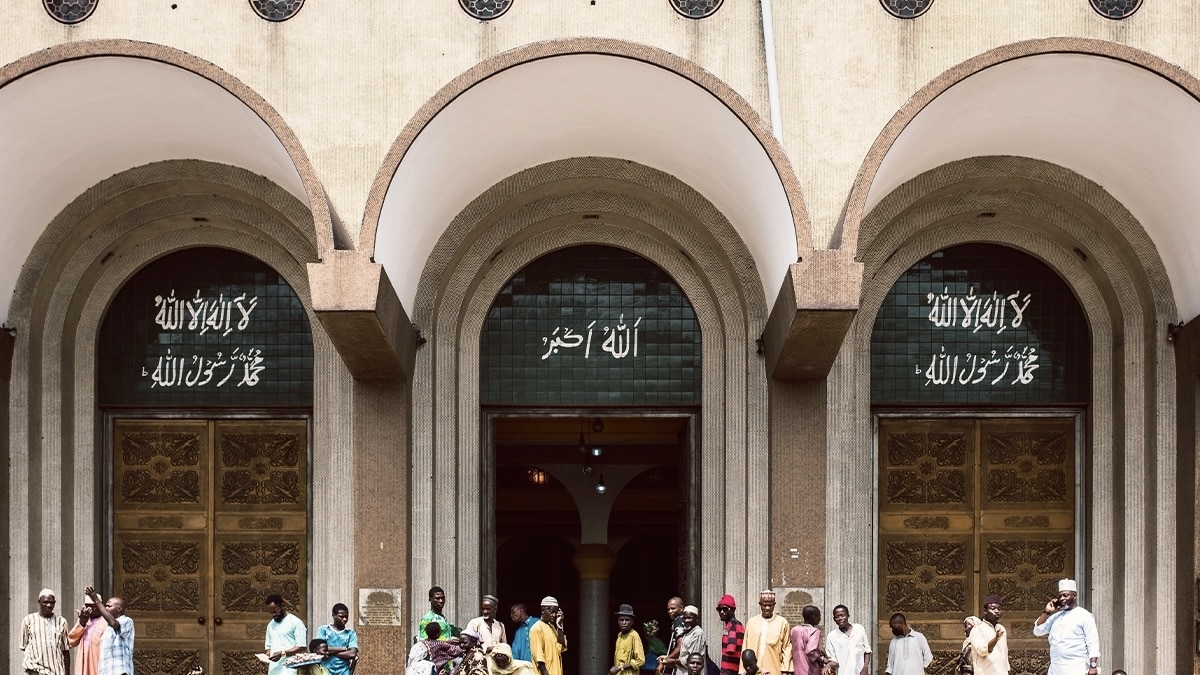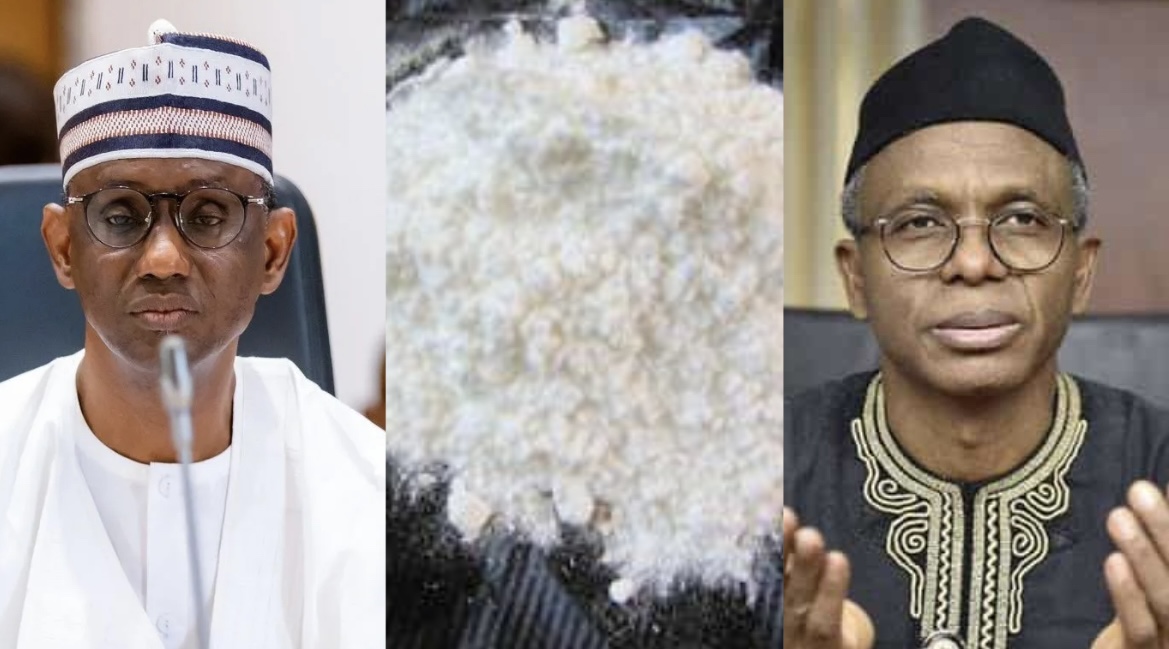The landing cost of petrol in Nigeria has now climbed to around N870 per litre Dockaysworld reports.
This is according to data from the Major Energies Marketers Association of Nigeria (MEMAN).
This increase puts the cost of bringing petrol into the country above the price offered by Dangote Petroleum Refinery, creating pressure on fuel importers and marketers.
Reports show that on April 28, the landing cost stood at N872 per litre, while on April 29, it slightly dipped to N868.
Just a few days earlier, on April 23, the average was N859, all higher than Dangote’s ex-depot price of N835 per litre.
With import costs rising, marketers are finding it difficult to sell fuel without running at a loss.
Checks on Thursday showed Dangote sold petrol at N840 per litre, matching the prices of Matrix in Lagos and Rainoil. Other marketers like Pinnacle, Mao, Sahara, and AA Rano set their prices at N889, while Aiteo and Aipec sold at N838.
First Fortune’s price was N868, Sigmund sold at N875, Liquid Bulk and Matrix (Warri) offered N870, and NIPCO in Lagos charged N842.
Prices tend to vary depending on the location.
In Lagos depots, rates are generally lower, while buyers in the South-South region face higher costs due to transport and logistics challenges.
The National President of the Petroleum Products Retail Outlet Owners Association of Nigeria (PETROAN), Billy Gillis-Harry, shared that businesses are struggling because of frequent price changes.
Despite the tough conditions, he said retailers are working to ensure Nigerians still have access to energy, as they believe in supporting the economy.
In Ogun State, SGR filling stations along the Sagamu-Benin and Lagos-Ibadan expressways were selling petrol at N855 per litre, cheaper than Dangote’s listed rates.
However, MRS stations in Ogun charged N890, while Heyden sold at N885 on Thursday.
Dangote has been cutting fuel prices since the Federal Government launched the naira-for-crude deal, but importers and PETROAN members say these price cuts are hurting their business.
Many traders admitted they are sometimes forced to sell below cost to avoid larger financial losses.



